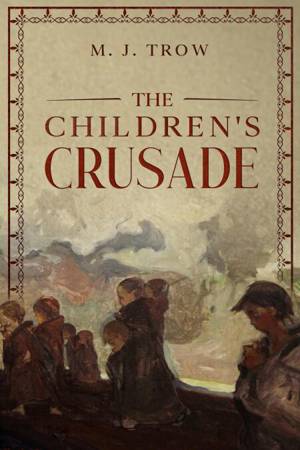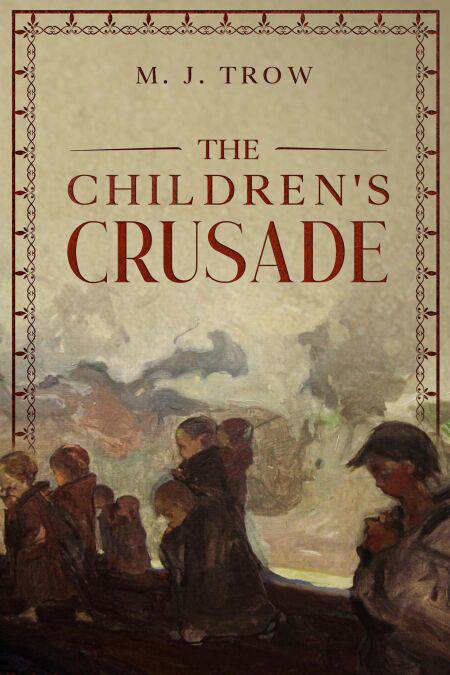
- Afhalen na 1 uur in een winkel met voorraad
- Gratis thuislevering in België vanaf € 30
- Ruim aanbod met 7 miljoen producten
- Afhalen na 1 uur in een winkel met voorraad
- Gratis thuislevering in België vanaf € 30
- Ruim aanbod met 7 miljoen producten
Omschrijving
In the summer of 1212, 30,000 children from towns and villages all over France and Germany left their homes and families and began a crusade. Their aim; to retake Jerusalem, the holiest city in the world, for God and for Christ. They carried crosses and they believed, because the Bible told them so, that they could cross the sea like Moses. The walls of Jerusalem would fall, like Jericho's did for Joshua.
It was the age of miracles – anything was possible. Kings ignored the Children; so did popes and bishops. The handful of Church chroniclers who wrote about them were usually disparaging. They were delusional, they were inspired not by God, but the Devil. Their crusade was doomed from the start.
None of them reached Outremer, the Holy Land. They turned back, exhausted. Some fell ill on the way; others died. Others still were probably sold into slavery to the Saracens – the very Muslims who had taken Jerusalem in the first place.
We only know of three of them by name – Stephen, Nicholas and Otto. One of them was a shepherd, another a ploughboy, the third a scholar. The oldest was probably fourteen. Today, in a world where nobody believes in miracles, the Children of 1212 have almost been forgotten.
Almost … but not quite …
The poet Robert Browning caught the mood in his haunting poem, The Pied Piper of Hamelin, bringing to later readers the sad image of a lost generation, wandering a road to who knew where.
Specificaties
Betrokkenen
- Auteur(s):
- Uitgeverij:
Inhoud
- Taal:
- Engels
Eigenschappen
- Productcode (EAN):
- 9781393248811
- Verschijningsdatum:
- 7/08/2020
- Uitvoering:
- E-book
- Formaat:
- ePub

Alleen bij Standaard Boekhandel
Beoordelingen
We publiceren alleen reviews die voldoen aan de voorwaarden voor reviews. Bekijk onze voorwaarden voor reviews.









